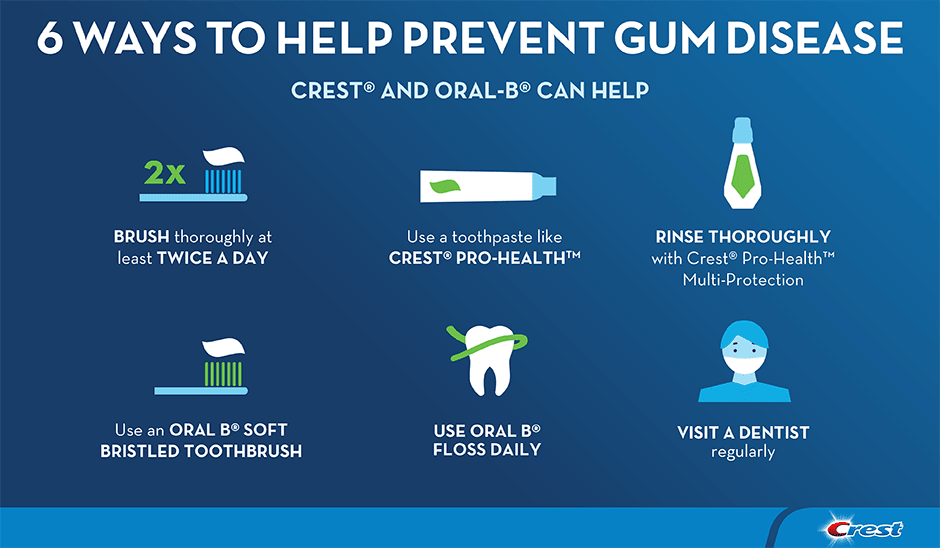Oral Hygiene: Prevents Cavities With Daily Tips

Maintaining good oral hygiene is crucial for preventing cavities and ensuring overall health. Cavities, also known as tooth decay, occur when bacteria in the mouth break down food particles, especially sugars and starches, producing acid that damages tooth enamel. This damage can lead to pain, infection, and even tooth loss if not addressed. The good news is that cavities are largely preventable through a combination of daily habits, regular dental check-ups, and a balanced diet.
Understanding Cavities
Cavities are formed through a process that involves bacteria, food, and acid production. Here’s a breakdown of how cavities develop: - Bacteria Presence: The mouth contains millions of bacteria, some of which are harmful and contribute to the formation of cavities. - Food Consumption: When you eat, especially sugary or starchy foods, these substances can get stuck in your teeth. - Acid Production: The bacteria in your mouth feed on these food particles, producing acid as a byproduct. This acid can dissolve the minerals in your tooth enamel, creating a weak spot. - Enamel Decay: Over time, the continuous production of acid can cause the enamel to decay, forming a cavity.
Daily Tips for Preventing Cavities
Preventing cavities involves a combination of good oral hygiene practices and healthy eating habits. Here are some daily tips to help you keep your teeth and mouth healthy: 1. Brush Your Teeth: Brushing your teeth is one of the most effective ways to remove plaque and bacteria from your teeth. Use a fluoride toothpaste and brush at least twice a day, in the morning and before going to bed, for about two minutes each time. Pay special attention to the areas where your teeth and gums meet. 2. Use Dental Floss: Flossing helps remove food particles and plaque from between your teeth and under your gumline, areas where a toothbrush can’t reach. Floss at least once a day. 3. Interdental Brushes: If you have spaces between your teeth, consider using interdental brushes. These small brushes are designed to clean between your teeth and can help remove plaque and food particles. 4. Mouthwash: Using a mouthwash can help kill bacteria and freshen your breath. Look for a mouthwash that carries the American Dental Association (ADA) Seal of Acceptance, indicating that it has met certain standards for safety and effectiveness. 5. Limit Sugary and Acidic Foods: Foods high in sugar and acids can contribute to the formation of cavities. Limit your consumption of these foods, and when you do eat them, try to eat them as part of a meal to minimize the time your teeth are exposed to acids. 6. Stay Hydrated: Water helps rinse your mouth and keeps your teeth clean. It also helps prevent dry mouth, a condition that can increase your risk of cavities. 7. Chew Sugar-Free Gum: Chewing sugar-free gum after meals can stimulate saliva production, which helps neutralize acids and remineralize teeth.
Regular Dental Check-Ups
While daily habits are crucial for preventing cavities, regular dental check-ups are also essential. During these visits: - Professional Cleaning: Your dentist or hygienist will remove plaque and tartar that can’t be reached with regular brushing and flossing. - Examinations: Your dentist will examine your teeth for signs of decay or other issues. - Fluoride Treatments: Your dentist may apply a fluoride gel or varnish to your teeth to help strengthen them and prevent decay. - Sealants: If you have deep grooves in your teeth, your dentist may recommend applying dental sealants to prevent food particles from getting stuck.
Dietary Considerations
The food you eat plays a significant role in your oral health. Some dietary considerations to keep in mind: - Balanced Diet: Eating a balanced diet that includes plenty of fruits, vegetables, whole grains, and lean proteins can help keep your teeth and gums healthy. - Calcium and Vitamin D: These nutrients are crucial for healthy teeth and bones. Dairy products, leafy greens, and fortified foods are good sources of calcium and vitamin D. - Avoid Snacking: Try to limit snacking between meals, as this can increase the time your teeth are exposed to acids. If you do snack, choose healthy options like fruits or raw vegetables.
Conclusion
Preventing cavities is a multifaceted approach that involves daily oral hygiene practices, regular dental check-ups, and a balanced diet. By understanding how cavities form and incorporating the tips outlined above into your daily routine, you can significantly reduce your risk of developing cavities and maintain a healthy, beautiful smile for years to come.
How often should I visit my dentist for check-ups to prevent cavities?
+It is generally recommended to visit your dentist every six months for regular check-ups and cleanings. However, this may vary depending on your individual oral health needs. Your dentist may recommend more frequent visits if you are at a higher risk of cavities or have specific oral health issues.
What are some common signs of a cavity, and how can I identify them?
+Common signs of a cavity include tooth sensitivity, especially when consuming hot or cold foods and drinks, visible holes or pits in your teeth, pain when biting or chewing, and stained or discolored teeth. If you notice any of these symptoms, it’s essential to schedule an appointment with your dentist for a thorough examination and treatment.
Can cavities be reversed, or is prevention the only way to avoid them?
+In the early stages, cavities can sometimes be reversed through fluoride treatments and good oral hygiene practices. However, once a cavity has progressed and formed a hole in the tooth, it cannot be reversed and will require a filling or other dental restoration. Prevention is key to avoiding cavities and maintaining good oral health.


